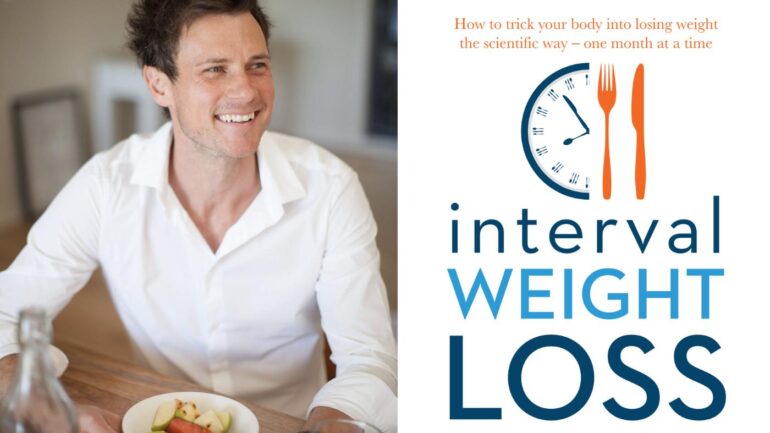The latest World Obesity Federation Report has found that more than 4 billion people in the world will be obese or overweight within the next 12 years, with rates rising fastest among children.
According to the Obesity Evidence Hub, Australia has one of the highest rates of obesity in the developed world.
In today’s Briefing, we talk to Dr Nick Fuller, a leading obesity researcher in Australia and the author of Interval Weight Loss. He has been running the clinical research program for the past decade.
Click the link below and listen the full episode now:
This episode reveals the impacts it will bring for the next generation of Australians and why crash dieting is one of the worst ways to tackle the crisis.
Dr Fuller says there are many factors relating to the modern obesity genetic environment, and it has become more challenging to weight management in developing and developed countries.
Food is around every corner and every block. It looks good and tastes delicious, and every time we see it, it releases all these feel-good chemicals in the brain, telling us to go back for more,”
Dr Fuller said.
The obesity genetic environment plays a significant role in weight management, as well as the availability of discretionary foods, which refers to processed and packaged foods.
They are high-added sugar, added fat, added salt, and sure, they make us feel good at the time of consumption, but very soon afterwards, we feel guilty having them,”
he explained.
Discretionary foods are characterised by being high in saturated fat, added sugars, salt and alcohol.
Dr Fuller said processed and packed foods are not good for our health and have contributed to the increasing waistline people have witnessed today.
Subscribe to The Briefing, Australia’s fastest-growing news podcast on Listnr today. The Briefing serves up the latest news headlines and a deep dive into a topic affecting you. All in under 20 minutes.
